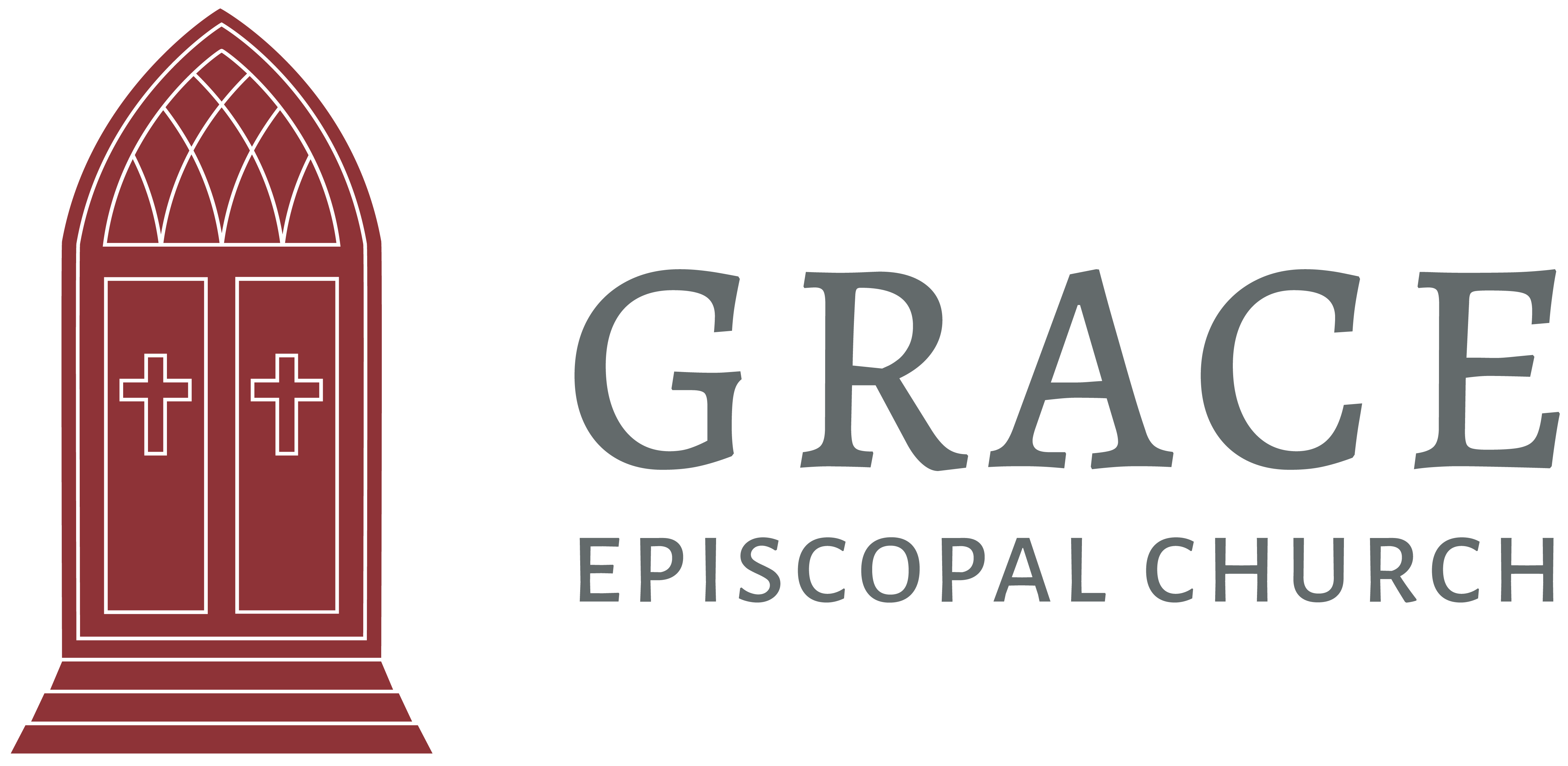Psalm 38; 1 Kings 9:24-10:13; James 3:1-12; Mark 15:1-11
Oh, the tongue, the tongue, the tongue. James is right: communication is a blessing, but it is also rife with potential disaster. Almost every problem in my life, even the out-of-the-blue health problems, had a communication component. Things left unsaid too long, or said without thinking through the consequences ahead of time. The wrong words for the right intent, lies dressed up for public consumption, stupidity masquerading as conviction, foot in mouth over and over again. Curses and imprecations, lies and illusions, all tangled up with smiling words and sweet sentiments until you can’t hardly peel them apart. And yet, I keep trying to get across what’s going on in my head, my heart, my innermost soul, with a limited number of syllables strung into a regular syntactical pattern. Keep trying to hear what’s in you through the haze of the same.
Letters on a page, sound waves spilled into the air by larynxes, can’t ever accurately describe the mystery of God, or the murkier and finite muddle of Steve Wilson for that matter. But we keep trying. Because the most fundamental human need is to be understood. Adam, lonely in the Garden of Eden, didn’t start hacking out statues or composing sonatas or baking pastries to feel more himself: he walked around assigning names, words from his mouth, to the animals. He didn’t see Eve laying there all dewy and doe-eyed and pick flowers or start building a house: he spoke. “Here at last, flesh-of-my-flesh, bone-of-my-bone!”
Heck, much of the time I don’t understand myself: I hope that you do, so you can explain me to me. The tongue is set on blaze by Hell–if it’s not controlled. But it’s also the part of us which makes us really human. So we need to embrace the power of words, knowing that they have a dangerous, untamed quality about them, but knowing also that properly strung together they can, and do, reveal more of the image and likeness of God within us than do all the other bits and pieces of our humanity combined. Watch your words, but watch them for the good they can do as well as the wounds they can inflict. Watch them so you can use them wisely and well.
